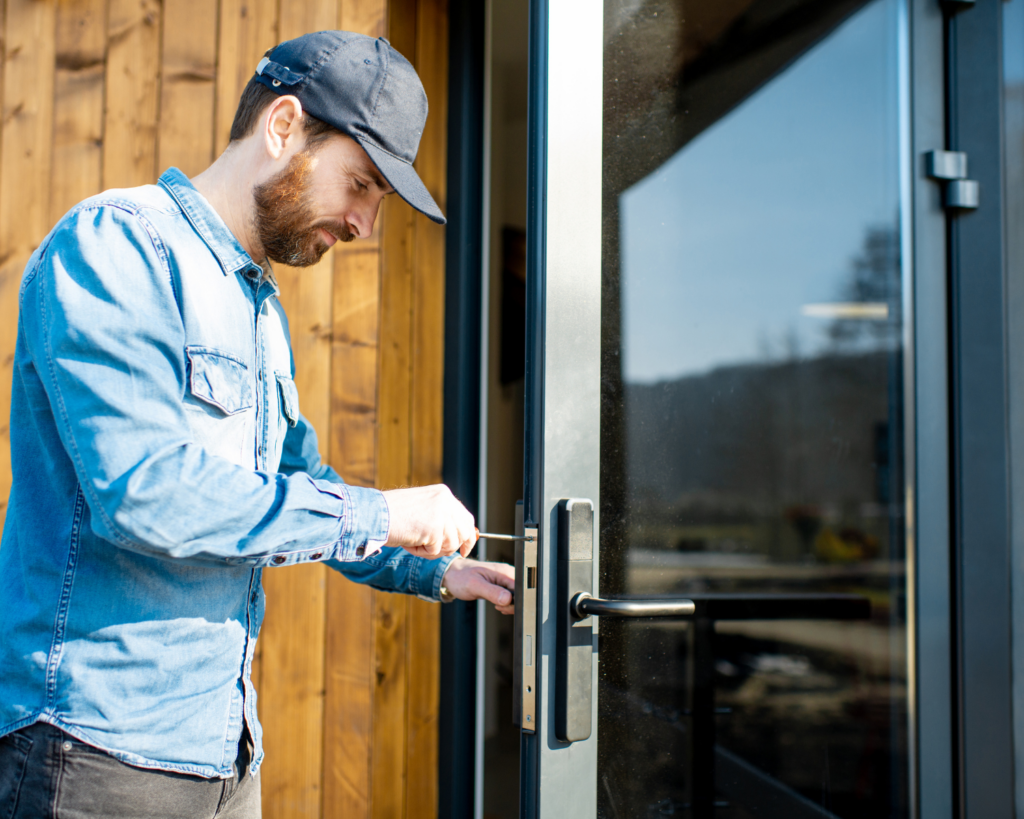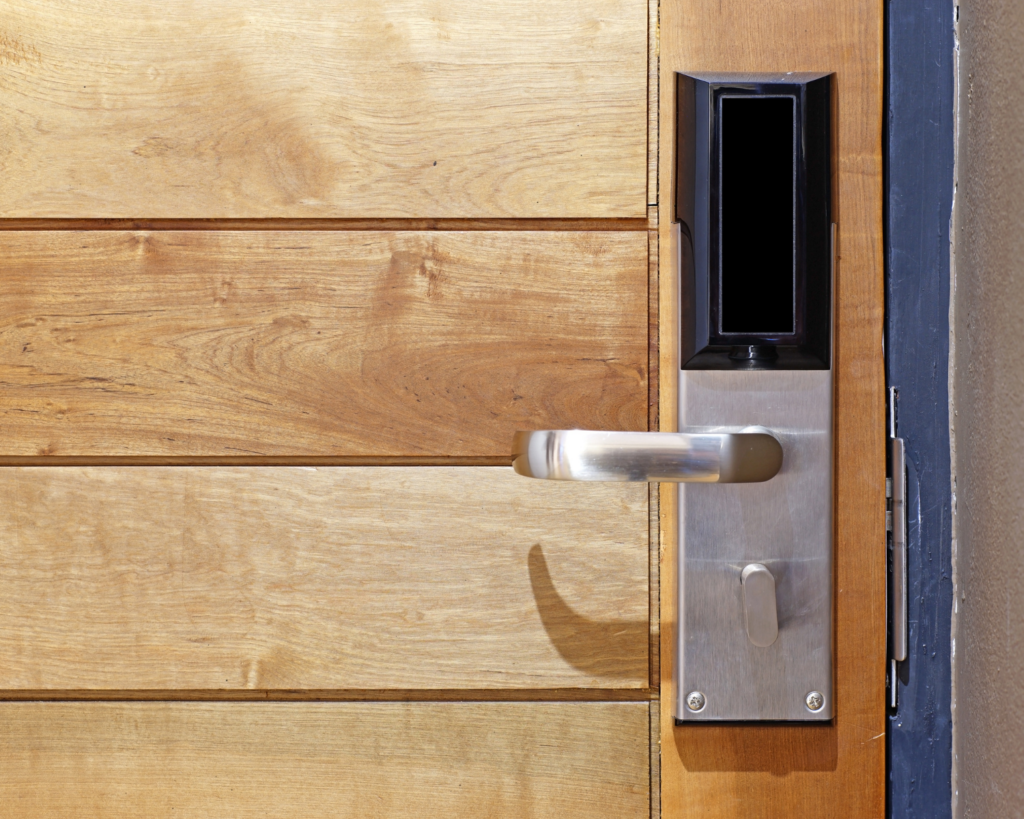How to Weatherproof Your Security Installations
Strategies to Safeguard Security Systems from Weather-Related Damage
As April rolls in with its famous showers, it’s a timely reminder that weather isn’t just a nuisance—it can be a serious threat to the integrity of security systems. For locksmiths and security professionals, protecting hardware and electronic components from rain, moisture, and unpredictable spring conditions is essential to delivering reliable, long-term solutions.
Here’s how to weatherproof your security installations—no matter what the weather throws your way.
Think Beyond the Door: The Real Impact of Rain
April rain may help flowers grow, but it can also corrode locks, fry wiring, and short out key security components. Moisture-related issues are a major cause of premature equipment failure, and they often go unnoticed until it’s too late.
Best Practices on How to Weatherproof Your Security Installations
- Choose Weather-Resistant Finishes: For outdoor applications, always opt for hardware specifically rated for exterior use. Look for finishes like stainless steel or powder-coated metals that resist rust and corrosion.
- Use Proper Sealants: Door hardware exposed to the elements can benefit from weather-resistant gaskets or silicone-based sealants to keep moisture from seeping into lock cylinders or electronic components.
- Perform Seasonal Maintenance: Spring is a great time to clean, lubricate, and inspect mechanical locks for signs of rust or wear.


Securing Electronic Systems Against the Storm
- Install in Weatherproof Enclosures: Access control panels, keypads, and CCTV hardware should be housed in NEMA-rated or IP-rated enclosures that protect against water intrusion.
- Raise Low-Mounted Equipment: Devices near ground level are particularly vulnerable to splashback and flooding. Mount equipment higher when possible or use protective shrouds.
- Use Conduit with Proper Seals: Ensure all wiring runs through weather-rated conduit, sealed at both ends to prevent water ingress.
Consider PoE & Surge Protection: Spring storms often bring lightning and power surges. Use PoE extenders with built-in surge protection and include grounding wherever possible.
Bonus Tip: Don’t Forget the Software
Moisture doesn’t just affect the hardware. System outages caused by water damage can leave clients vulnerable. Ensure your clients’ software and settings are backed up and remotely accessible if systems need to be reset or replaced.
April Action Plan for Security Pros:
● Conduct a spring inspection of all outdoor systems
● Recommend weatherproof upgrades to clients
● Replace rust-prone hardware from winter damage
● Prepare for power-related disruptions with surge protection
At the Yankee Security Convention, we’re proud to bring together professionals who go above and beyond—rain or shine. Whether you’re safeguarding a smart lock system on a historic home or protecting an outdoor camera array, spring is the perfect time to reevaluate your weatherproofing strategy. Stay dry, stay secure—and we’ll see you at Yankee Security Convention in October in Springfield, MA!
Follow us for more industry tips and updates, and we’ll see you at the next event! Follow us on Facebook, LinkedIn and Instagram.
